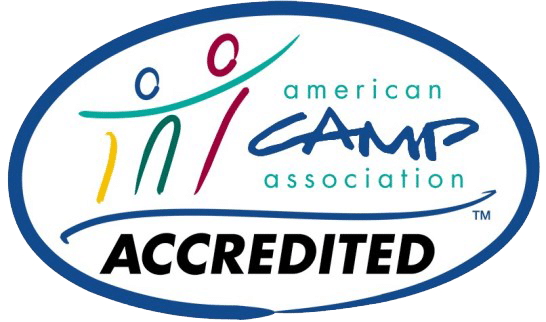Choosing the right summer camp for your child is an exciting journey that can feel overwhelming at first. With so many options available, finding the perfect fit requires careful consideration of your child’s needs, interests, and developmental stage. This guide will walk you through the key factors to consider when selecting a summer camp that will provide your child with the best possible experience.
Step 1: Identify Your Child’s Interests
The foundation of a great camp experience starts with understanding what excites your child. Long Island Camps offer diverse activities, from sports and music to technology and arts. Consider whether your child gravitates toward:
- Athletic activities like basketball, soccer, tennis, volleyball, gaga, swimming, and dance
- Creative pursuits such as arts & crafts, theater, music, edible art, and woodworking
- STEAM activities including science experiments, nature exploration, and building projects
- Special events and activities like carnivals, color war, talent shows, and exciting field trips
Step 2: Consider Your Child’s Developmental Stage
Age-appropriate programming ensures your child will be challenged while feeling comfortable and supported. Camps typically organize their programs into age-specific groups, often called “divisions,” “units,” or “cabins.” For example, Camps ‘R’ Us structures their programs as:
- Tiny Tots for early childhood ages 3-5
- Campers for grades K-4
- Explorers for tweens and teens
Step 3: Evaluate Program Duration and Schedule
Consider these scheduling factors:
- Session length (daily, weekly, or multiple weeks)
- Program hours and availability of extended care
- Transportation options
- Flexibility for attendance
Your choice should align with both your family’s schedule and your child’s comfort level with time away from home. Check out our hours to see how Camps ‘R’ Us fits your family’s schedule.
Step 4: Assess the Camp Environment
Every child has different comfort levels in social settings. Consider:
- Camp size and group dynamics
- Staff-to-camper ratios
- Activity group sizes
- Social support systems for first-time campers
- Accommodation of special needs or requirements
Step 5: Research Camp Credentials
Ensure the camp meets high standards for safety and quality:
- Check accreditations from organizations like the American Camp Association
- Review the camp’s history and reputation
- Read testimonials from other families
- Verify safety protocols and emergency procedures
- Investigate staff qualifications and training requirements
Step 6: Visit and Evaluate Facilities
Take advantage of opportunities to experience the camp firsthand:
- Attend open houses and preview events
- Tour the facilities
- Meet the staff
- Observe safety measures and medical facilities
- Ask questions about daily routines and activities
Step 7: Review Financial Considerations
Understand the complete financial picture:
- Base tuition and fees
- Additional costs for special programs or activities
- Available discounts or early bird rates
- Payment plans and options
- Refund and cancellation policies
Why Consider Camps ‘R’ Us
With over 3 decades of experience, Camps ‘R’ Us offers:
- Diverse programming including sports, dance, arts and crafts, field trips, STEAM, and theatre
- Experienced and well-trained staff
- Age-appropriate activities that encourage growth and exploration
- Comprehensive safety protocols
- Flexible scheduling options
- Multiple convenient locations
Next Steps
Ready to move forward with summer camp planning?
- Schedule visits to your top camp choices
- Attend upcoming open houses
- Connect with camp directors to address specific questions
- Follow camps on social media for updates and event information
- Review enrollment deadlines and secure early registration discounts when available
Remember, the perfect camp creates an environment where your child feels valued, supported, and excited to participate. Take time to involve your child in the decision-making process to ensure the best possible summer experience.


















